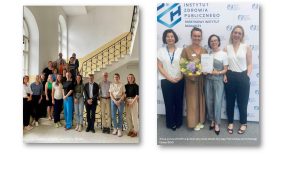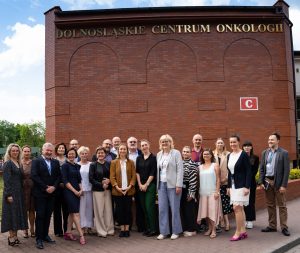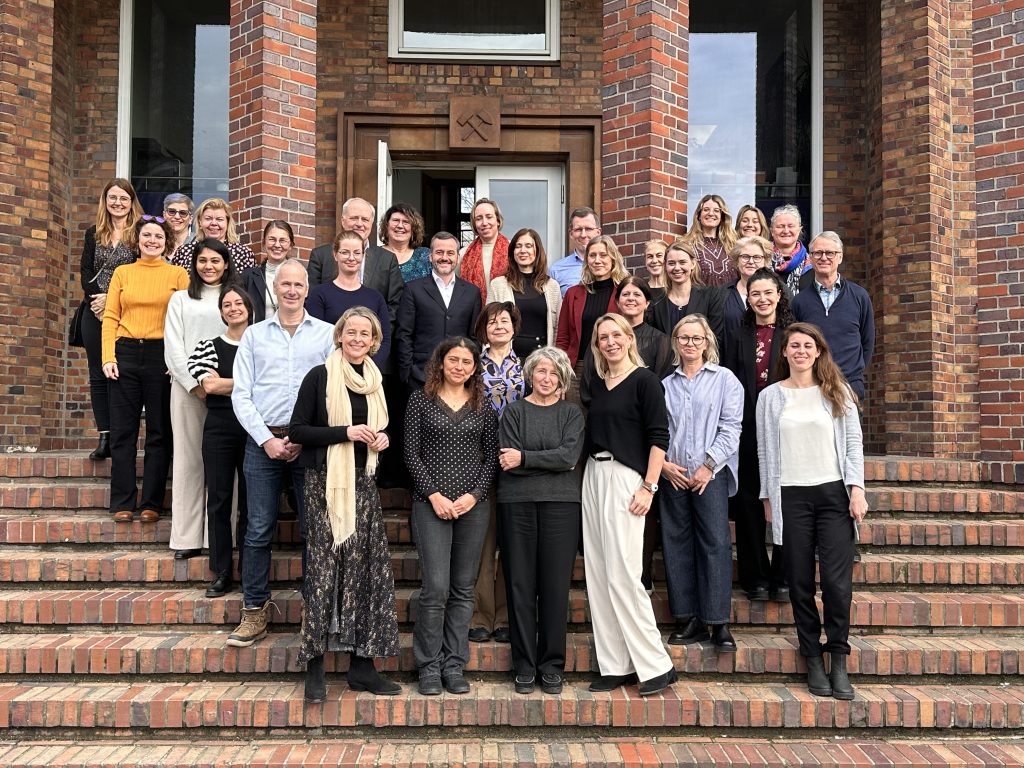07/2024 CraNE 4th WP6 Meeting
CraNE 4th WP6 Meeting
At the fourth Work Package 6 meeting on 1-2 July 2024 at the National Institute of Public Health National Institute of Hygiene – National Research Institute (Warsaw, Poland), DKG presented the results of the Work Package 6 „Organisation of comprehensive, high-quality cancer care in Comprehensive Cancer Care Networks (CCCN)“ together with the project partners. For the past 2 years, the DKG has had the pleasure of leading the Work Package 6 of the Joint Action CraNE.
What did we talk about? We discussed the updated definition of Comprehensive Cancer Care Networks (CCCNs) and requirements for the interfaces between CCCN and Comprehensive Cancer Centres (CCC) with a total of 50 participants from 19 European member states.
The CCCN training handbook, which is intended to support future CCCNs in setting up quality-assured oncological care structures as well as the Lung Cancer Patient Pathway Template and the Patient Centredness Toolbox developed by our colleagues from the Technial University of Dresden (Research Group Digital Health) were presented.
A highlight of the meeting was the awarding of certificates to the two pilot centres that successfully implemented a Lung Cancer CCCN during the course of the project.
Congratulations to both CCCNs for the outstanding achievement of implementing the Set of Standards at such a high level in such a short time!
We would also like to take this opportunity to thank all participants and CraNE partners for the last two years of collaboration. It has been a pleasure to work with you on the further development the tumour-specific CCCNs!
We are very pleased that the work of Work Package 6 Joint Action CraNE will continue in Joint Action EUnetCCC Work Package 9.
Stay tuned 😊



